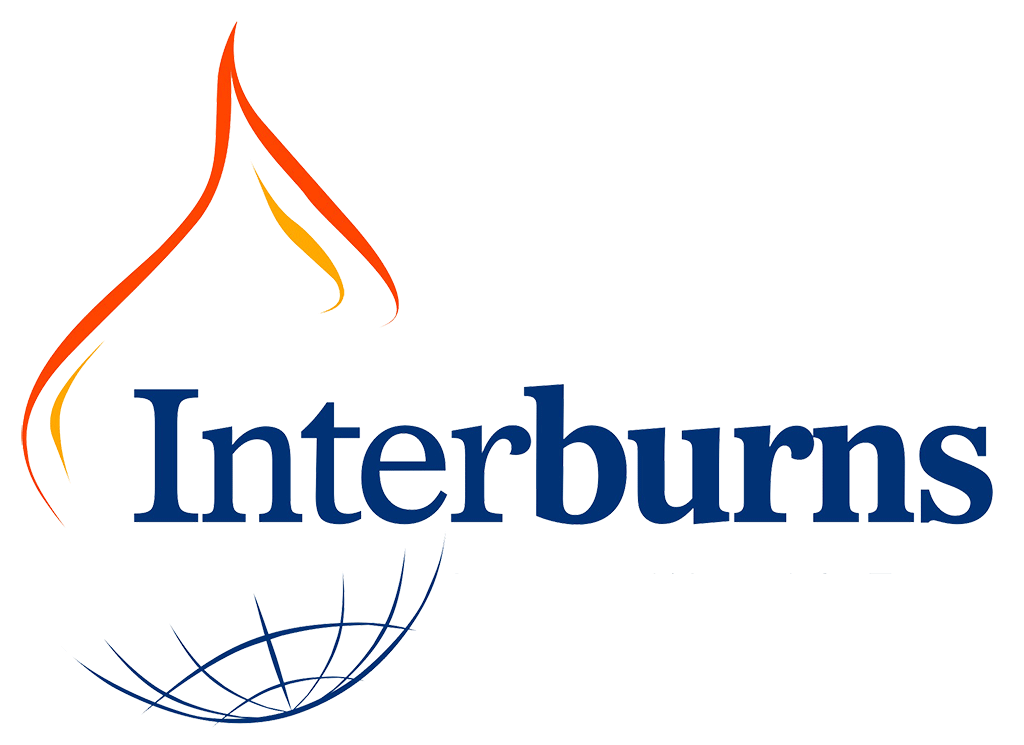Burn survivors help each other.
Thanks to Ms Kanica Dubey, for this story following a meeting of burns survivors at Choithram Hospital and Research Centre (Interburns Training Centre) in Indore, India.
Recovering from something as physically and emotionally scarring as a severe burn injury is a gruelling, and often seemingly impossible journey. However, the support and understanding of trusted friends and family members can significantly reduce the persistent shame, self-esteem issues, and overall insecurities that accompany severe burns. Unfortunately, due to a lack of social awareness on the issue of burns, victims – especially females – often fail to find solace in the company of their loved ones. Thus, in an effort to lessen the emotional burden of female survivors, Mrs. Ranjana Chauhan (psychologist) and Dr. Pranita Sharma (physiotherapist) resourcefully created an annual Burn Survivors Meet dedicated exclusively to women and their unique issues at home and in the workplace.
We arrived at the Regional Park (the location of the meet) with a large box of snacks in hand and hopeful for the arrival of the patients I had heard so much about. For the first few minutes, the women were understandably hesitant to divulge their intimate issues and insecurities to a group of people they had likely never met before. However, once the women realised that they were not surrounded by strangers, but by fellow survivors of a tragic and painful injury, the meeting immediately transformed into an open and welcoming environment designed solely for the societal progression of these courageous female survivors.
Patient A revealed the constant discrimination she experiences at home and in her society. She spoke of relatives who not only persecuted her for her visible scars, but also entirely ignored her existence at family events. It was shocking to learn how callous and insensitive even family members – the people we are conditioned to trust the most – can be. More disheartening, however, was the realisation that almost every one of these women had experienced similar prejudice and cruelty.
For instance, another patient was not invited to her own nephew’s wedding due to the almost 20-year-old burn scars on the lower half of her face. Meanwhile, others who had the misfortune of burning their hands spoke of educated friends and family members refusing to eat the food they had cooked because they were too disgusted by the scars on their palms. This intolerance appears to stem from the family’s intense desire to maintain a positive reputation in the community by concealing any imperfections within their home.
Some survivors were trapped in abusive marriages resulting in homicidal or suicidal burn injuries. They, like tens of thousands of Indian wives, were beaten and harassed on a daily basis for reasons as petty as unsatisfactory housework or speaking out of turn.
As this eventful morning came to an end, Dr. Pranita and Mrs. Ranjana announced the upcoming involvement of the survivors in the Indore Marathon, which will take place in February. The team planned to begin exercising regularly in preparation for the event and then decided to wear matching T-shirts as a form of further unifying the group. The survivors were encouraged to continue meeting on their own without the facilitation of the hospital in an effort to mold friendships and offer advice or insight on each other’s current and future problems.
Although meeting without the rehabilitation team may feel bizarre at first, I believe the women will greatly benefit from being exposed to the experiences of others who are or were also in their positions. After all, despite their genuine passion and unwavering dedication to their patients, the doctors have never actually experienced a severe burn injury, and are therefore incapable of truly feeling the survivor’s emotional and physical grievances. While the rehab team can only offer medical knowledge and insight, other survivors will be able to relate to and therefore truly understand, the problems of these patients.
Finally, with a group dance to the Indian folk song “Ay Jhumroo” and a delicious, enjoyable brunch provided by Dr. Rajpal, the event concluded and the women returned home, with increased ambition and hopefully a more positive perspective on life. Ultimately, the Burn Survivors Meet was a short, yet efficient way of encouraging the women to alter their outlook and realize that they are no longer the victims of their injuries; rather, they are strong and courageous survivors with the resilience to overcome one of the most painful and excruciating ailments.
